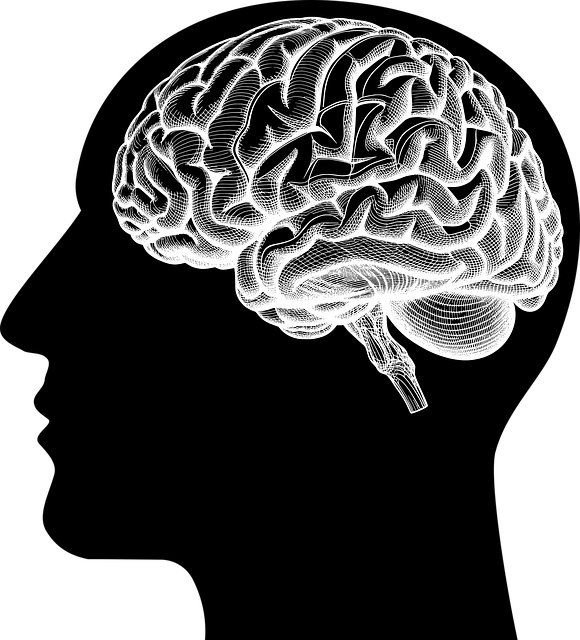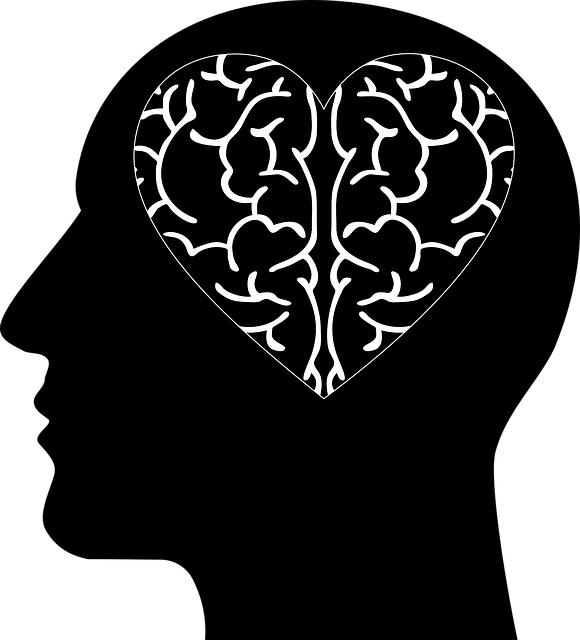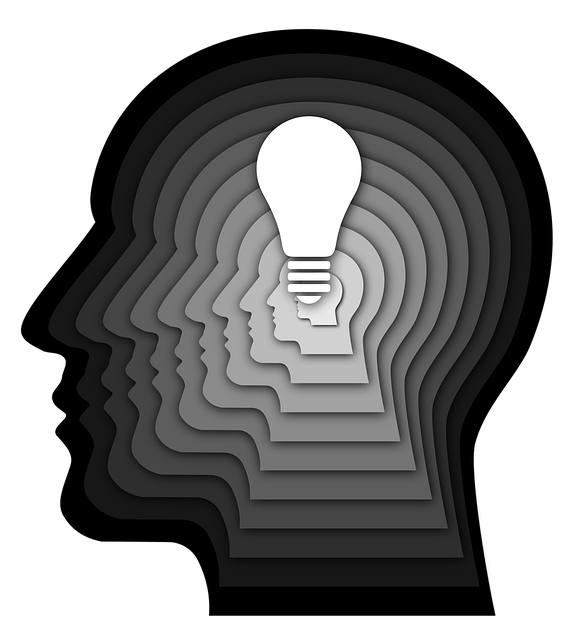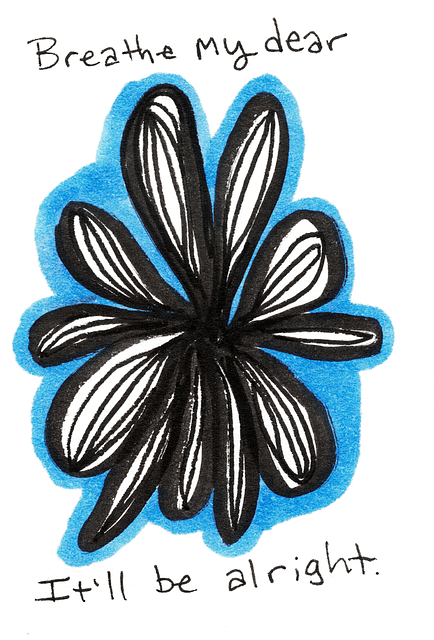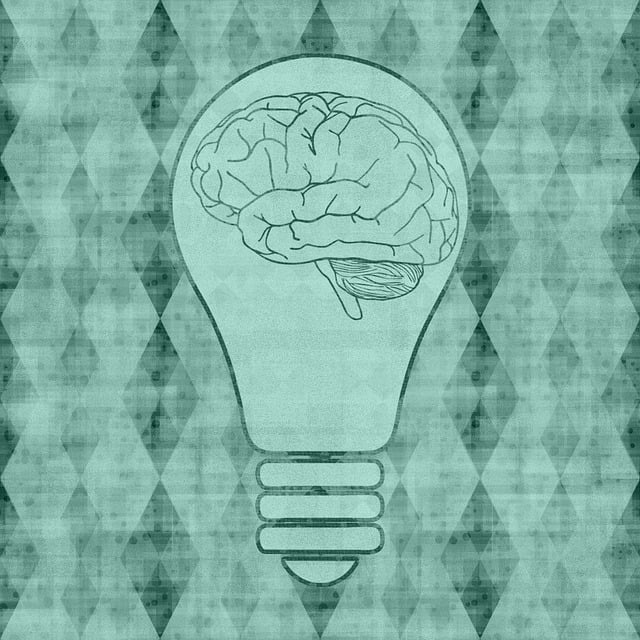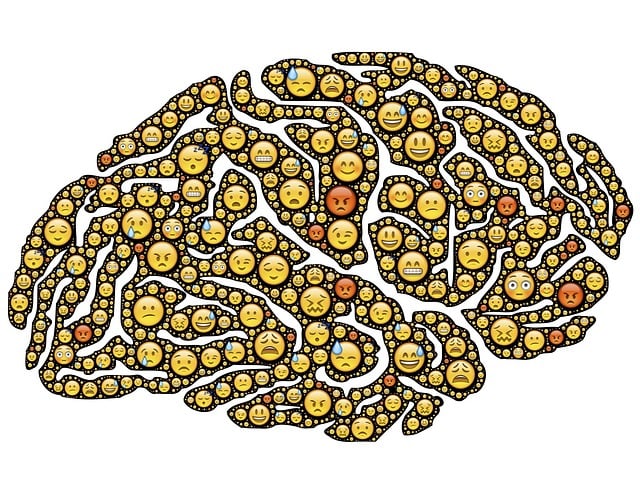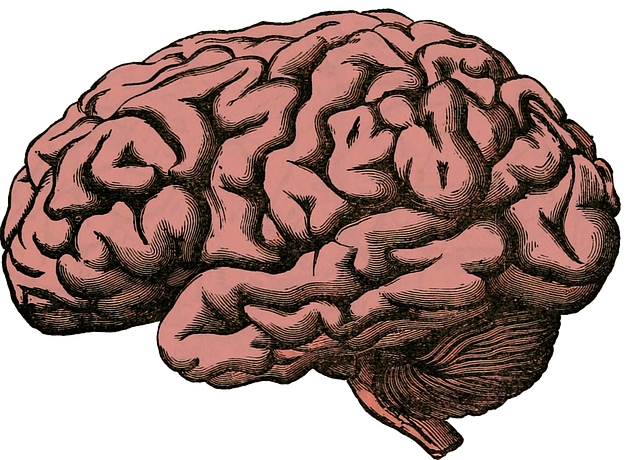Chronic stress, stemming from persistent pressures like work or relationships, negatively impacts adults' well-being, leading to physical and mental health issues. Effective therapy for adults pain management addresses this by integrating mindfulness meditation, self-awareness exercises, and positive thinking strategies. Approaches include mental wellness journaling, group therapy, wellness podcasts, and incorporating relaxation techniques into daily life. Physical activity, lifestyle changes, and Cognitive Behavioral Therapy (CBT) also play crucial roles in managing pain and enhancing emotional well-being, with CBT reframing negative thought patterns to promote healthier stress responses.
Stress management is a vital skill, especially for adults navigating a fast-paced world. This article explores comprehensive techniques to combat chronic stress and enhance well-being. We delve into the understanding of its profound impact on mental health and adult lives. From conventional therapy approaches like CBT for pain management to integrating mindfulness and physical activities, each section provides practical strategies. Discover how these tools empower individuals to build resilience, reduce stress, and reclaim control over their daily lives.
- Understanding Chronic Stress and Its Impact on Adults' Well-being
- Exploring Conventional Therapy Approaches for Pain Management
- Incorporating Mindfulness and Relaxation Techniques in Daily Life
- The Role of Physical Activity and Lifestyle Changes in Stress Mitigation
- Building Resilience: Cognitive Behavioral Therapy (CBT) Strategies for Effective Stress Management
Understanding Chronic Stress and Its Impact on Adults' Well-being

Chronic stress, a constant state of feeling overwhelmed, has significant implications for adults’ overall well-being. Unlike acute stress, which is a normal reaction to immediate challenges and soon subsides, chronic stress can persist over long periods, affecting various aspects of life. It’s akin to living in a constant state of panic, where the body remains on high alert, leading to physical and mental health issues. This type of stress can manifest from persistent work pressures, financial worries, or challenging personal relationships, among other factors.
Over time, chronic stress can contribute to pain management problems, as the body’s stress response triggers the release of hormones that can cause inflammation and muscle tension. It may also exacerbate existing conditions like anxiety and depression. Thus, addressing chronic stress is paramount for adults seeking therapy for pain management and overall mental health improvement. Effective approaches include cultivating self-awareness through exercises that help individuals recognize and manage their emotional responses, practicing mindfulness meditation to stay grounded in the present moment, and adopting positive thinking strategies to reframe stressful situations constructively.
Exploring Conventional Therapy Approaches for Pain Management

In the realm of pain management for adults, conventional therapy approaches offer a plethora of effective solutions. These methods range from pharmaceutical interventions to psychological treatments, all tailored to address chronic or acute pain effectively. One prominent strategy involves mental wellness journaling, where individuals document their experiences, emotions, and thoughts related to their pain. This practice not only enhances self-awareness but also provides a safe space for emotional healing processes to unfold. Additionally, therapy sessions often incorporate guidance on specific exercises designed to improve physical mobility and reduce sensory discomfort.
Beyond individual counseling, group therapy sessions can be immensely beneficial, fostering a sense of community among those dealing with pain. These gatherings facilitate the exchange of experiences and coping strategies, creating a supportive environment that amplifies the impact of emotional healing processes. Furthermore, the production of mental wellness podcast series has emerged as a powerful tool, offering accessible guidance and real-life stories to inspire listeners on their journey towards managing pain and enhancing overall mental wellness.
Incorporating Mindfulness and Relaxation Techniques in Daily Life

Incorporating mindfulness and relaxation techniques into daily routines has become a powerful tool for adults seeking therapy for stress and pain management. These practices, once considered niche, are now recognized as essential components in addressing mental health concerns, including depression prevention. Mindfulness encourages individuals to focus on the present moment, cultivating awareness without judgment, which can significantly reduce anxiety levels and promote emotional well-being. By integrating simple mindfulness exercises like deep breathing, meditation, or mindful walking into their daily schedules, adults can find moments of calm amidst the hustle and bustle of life.
Public awareness campaigns development and effective communication strategies play a pivotal role in encouraging people to embrace these therapeutic techniques. Educating the public about the benefits of mindfulness for stress reduction and pain management is crucial. Through accessible resources, online platforms, and community workshops, individuals can learn practical methods to cope with daily stressors, fostering a sense of resilience. This proactive approach not only enhances overall mental health but also empowers people to take control of their well-being, potentially reducing the burden on traditional therapy services.
The Role of Physical Activity and Lifestyle Changes in Stress Mitigation

Physical activity and lifestyle changes play a pivotal role in stress management, offering effective strategies for adults seeking therapy or pain management. Regular exercise acts as a powerful tool against stress by releasing endorphins, which are natural mood elevators that promote feelings of relaxation and well-being. This not only helps alleviate immediate stress but also contributes to long-term mental health stability. Incorporating physical activity into one’s routine can take various forms, from structured fitness classes to simple activities like walking or gardening, each providing unique benefits for mind and body.
Moreover, lifestyle modifications such as improved sleep hygiene, balanced nutrition, and mindfulness practices significantly enhance stress resilience. Adequate sleep is crucial for emotional regulation, while a nutritious diet supports overall well-being. Mindfulness techniques, including meditation and deep breathing exercises, teach individuals to stay present, reducing the impact of stressful thoughts and fostering a sense of calm. These holistic approaches not only prevent depression and burnout but also serve as essential risk management planning tools for mental health professionals, empowering them to guide clients toward sustainable stress mitigation strategies.
Building Resilience: Cognitive Behavioral Therapy (CBT) Strategies for Effective Stress Management

Stress management is a crucial aspect of maintaining emotional well-being and overall health. Cognitive Behavioral Therapy (CBT) offers powerful strategies to build resilience and cope with stress effectively. This therapy for adults focuses on identifying and challenging negative thought patterns, which can significantly influence pain management. By understanding how our thoughts impact emotions, CBT equips individuals with coping skills development tools to navigate stressful situations healthier.
Through CBT’s emotional healing processes, one learns to reframe negative perceptions, fostering a more positive outlook. This shift in perspective enables better stress regulation and promotes emotional well-being. The techniques are tailored to individual needs, making it an effective approach for those seeking long-term solutions to manage stress and its associated challenges.
In conclusion, managing stress effectively is a vital component of maintaining adults’ overall well-being. By understanding the impact of chronic stress and employing various techniques such as mindfulness, physical activity, and cognitive behavioral therapy (CBT), individuals can significantly enhance their ability to navigate life’s challenges. Integrating these strategies into daily routines offers a holistic approach to pain management, promoting resilience and improving quality of life for adults seeking to overcome stress-related issues. This comprehensive guide highlights the importance of accessible tools and techniques in addressing the growing need for effective therapy for adults’ pain management.


